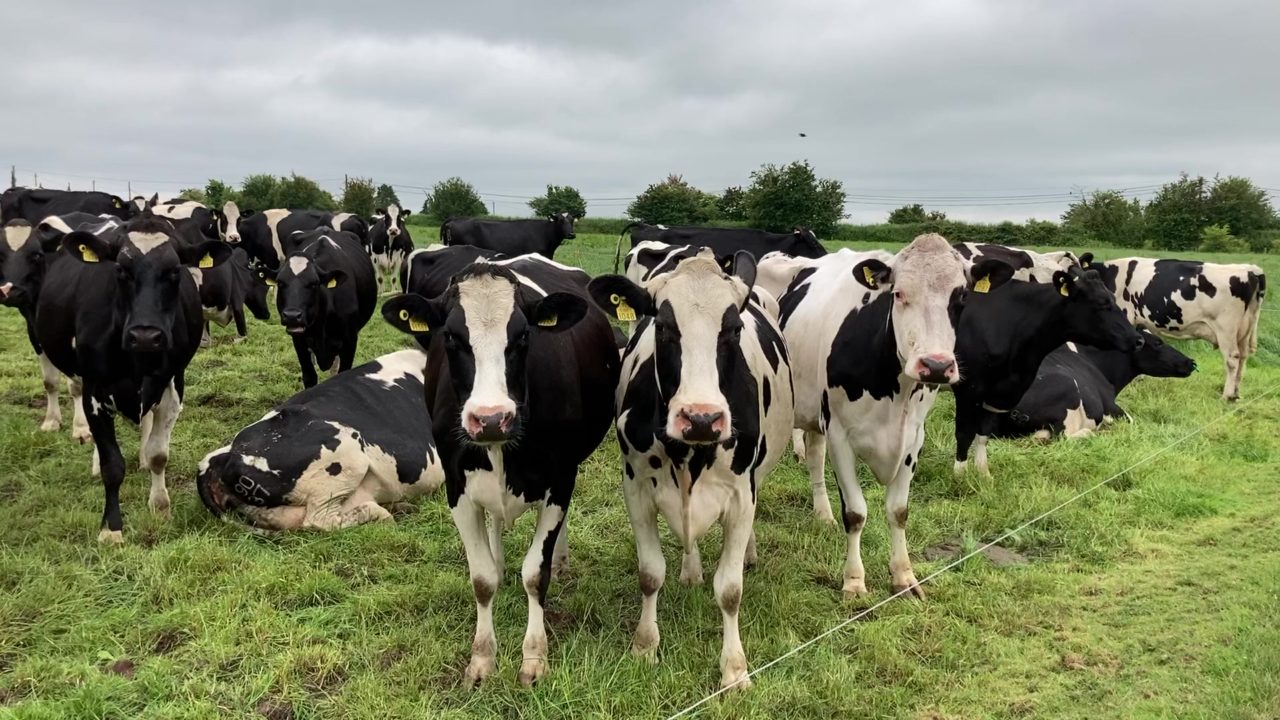The Irish Farmers’ Association (IFA) has claimed that the decision by the Department of Agriculture, Food and the Marine (DAFM) to have only one Common Agricultural Policy (CAP) information evening in south Leinster, out of 11 in total, shows that the department is afraid to face the farmers in the region.
IFA south Leinster regional chair, Francie Gorman said: “Farmers in south Leinster are amongst the worst hit in Ireland due to cuts in the Basic Payment to fund eco schemes, convergence and front loading.
“The minister [for Agriculture, Food and the Marine, Charlie McConalogue] has turned his back on these farmers.
“For a lot of farmers going to these ‘information meetings’, it will merely reveal the depressing reality of the cuts they are facing,” he said.
DAFM meetings
The farm association has added that it believes that the meetings are at a bad time of year.
“We often hear from politicians that their focus is on the farmer who ‘calves the cow’ or ‘lambs the ewe’. Well, that’s where most livestock and sheep farmers will be on March 28 – in the calving shed or the lambing pen,” Gorman added.
“While the minister has been talking about ‘millions and billions’ for farmers under the CAP, the reality is that this government is doing everything [it] can to reduce production.
“At a time when farmers are facing soaring inputs costs, reduced supports and with some facing BEAM [Beef Exceptional Aid Measure] repayments, the minister needs to look at more ways of supporting farmers,” he said.
BEAM
Meanwhile, less than 5% of farmers in the BEAM scheme who failed to meet their 5% reduction target will be spared a full clawback of their payments under the scheme.
Farmers who failed to reduce their organic nitrogen (N) output by 5% or more over the course of either reduction period, face a clawback.
The two reduction periods were July 1, 2020 to June 30, 2021 and January 1, 2021 to December 31, 2021. Farmers are able to choose the second period if unable to meet the target in the first period.
The terms and conditions of the BEAM scheme outline that, if a participant reduces organic nitrogen by between 4% and 5%, they would be able to keep some of the funding under the scheme.
